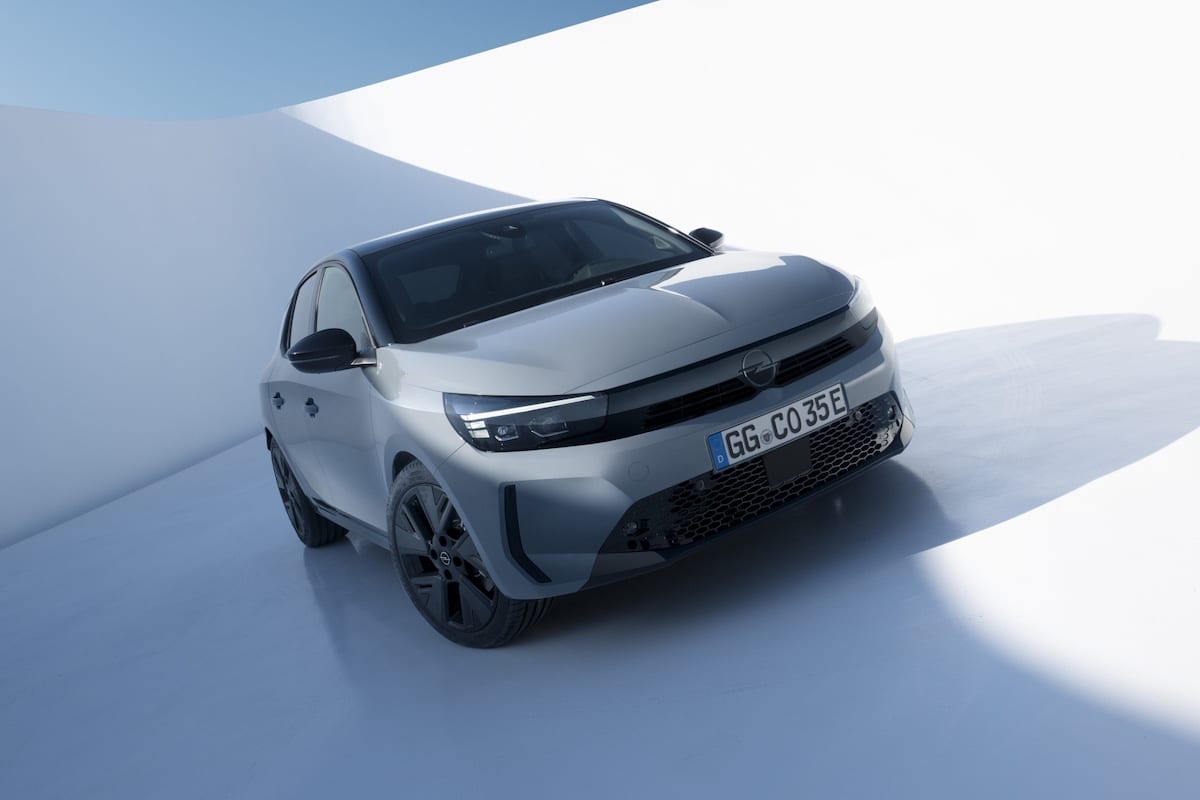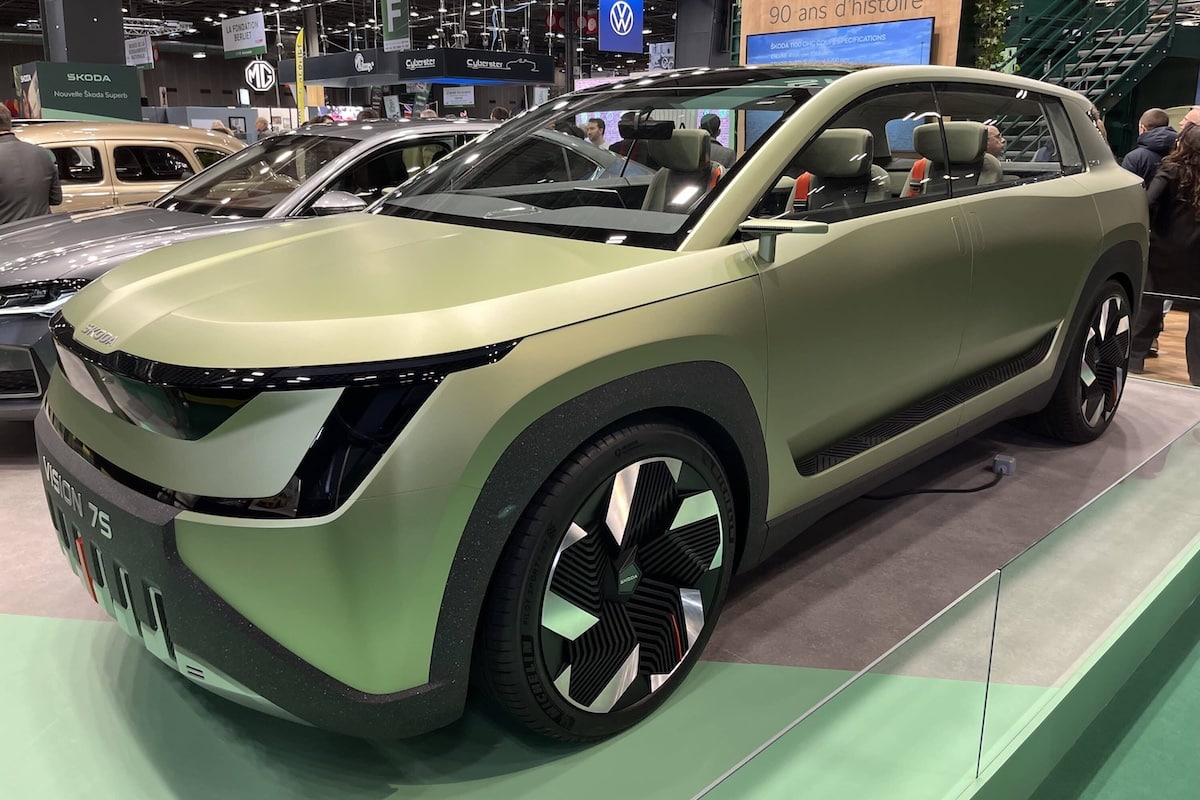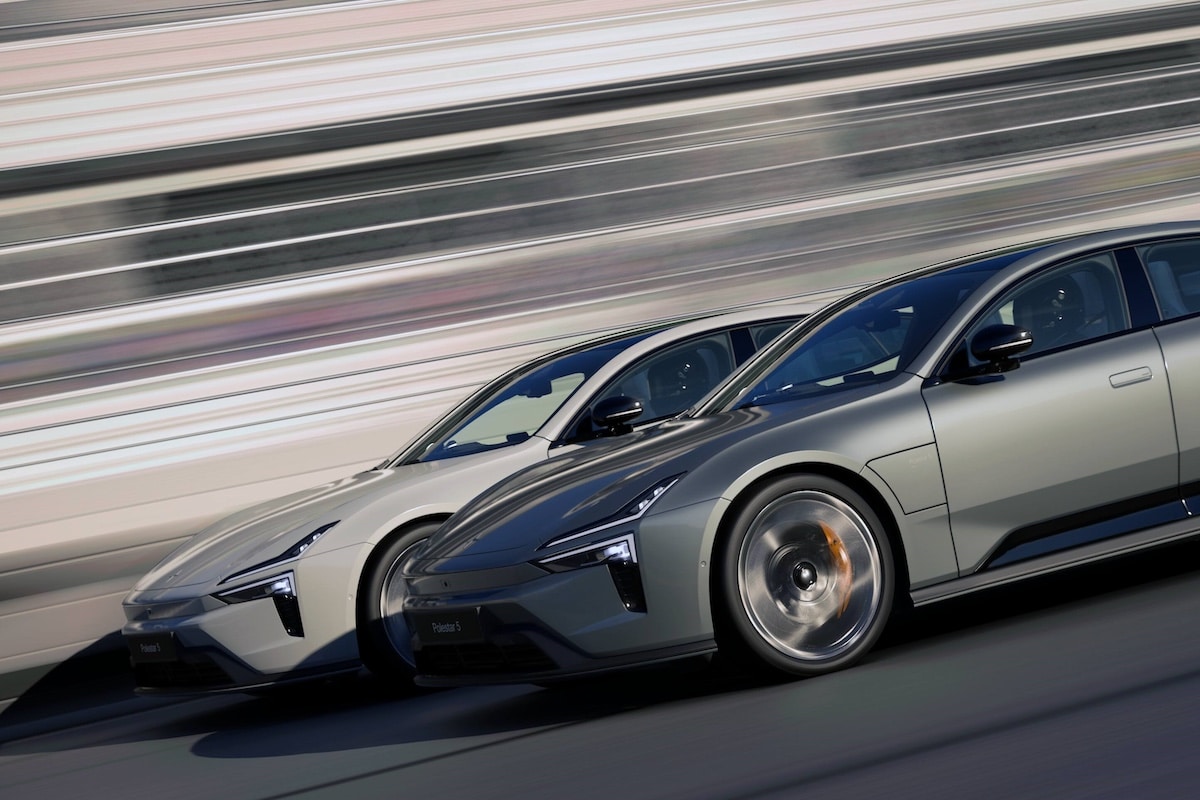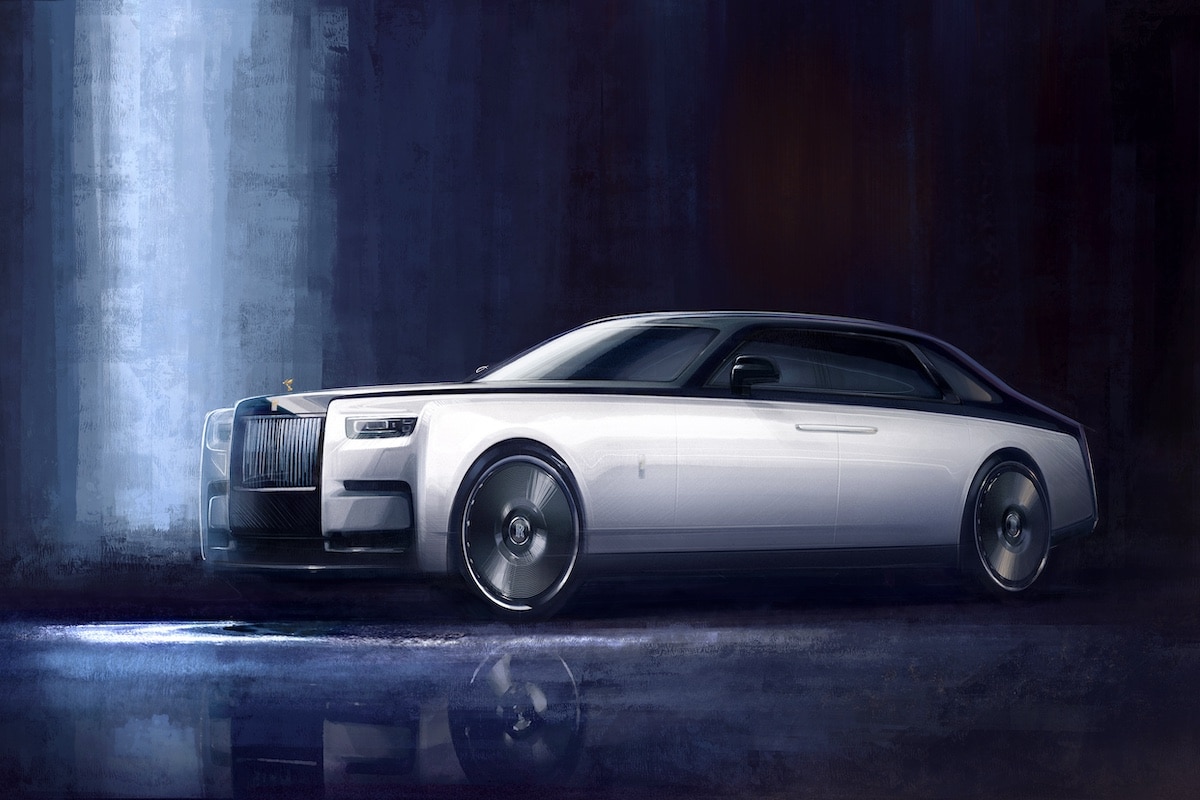Can Tesla manufacture a 100% Made in the USA car?
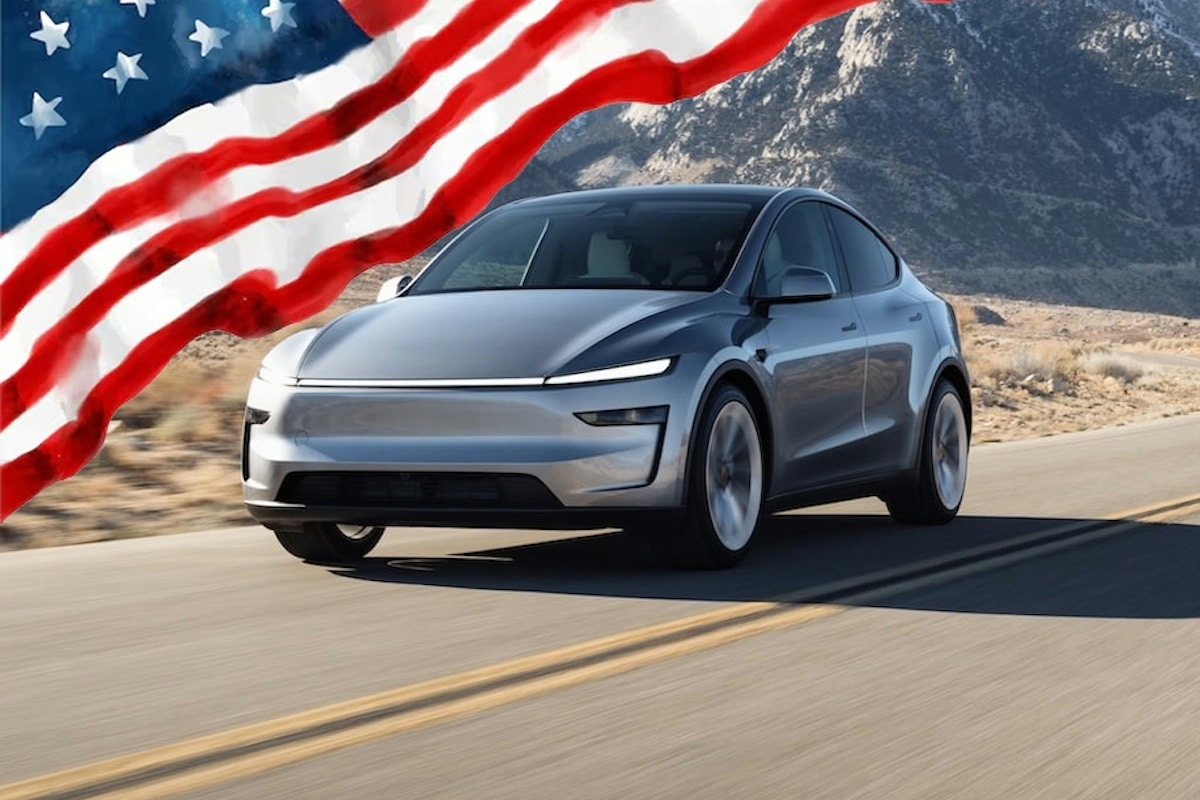
If the trade war is put on hold for a 90-day breathing period, the threat is not gone and Tesla is not immune.
No suspense, the answer is of course negative if taken in its strict form. No manufacturer in the world could fully build a consumer car locally. But asking this question is interesting for more than one reason, because it mainly raises the question: is Tesla the American automaker best prepared to face a trade war over imported goods? With the rise of tariffs on imported products and the implementation of economic protectionist policies, it is crucial to ask whether Tesla’s position, as a young North American manufacturer, places the brand in a better position than its competitors.
One of Tesla’s strengths lies in the share of its vehicles manufactured in North America. According to recent data, the vast majority of its 2025 models use parts from the United States and Canada. For example, the Model 3 Long Range has 75% of its components manufactured in North America. This includes Canada, which has not escaped the Trump tornado, but Tesla has already stated that it can repatriate most of its Canadian production to U.S. soil if needed urgently.
In comparison, iconic American manufacturers such as Ford and General Motors, often perceived as the most “American”, lag behind Tesla in terms of location of their production chains. These historic automakers played the globalization game for a century to lower their production costs and are now caught in a trap. This point is crucial: in a trade war context, local production allows circumventing tariffs that can be imposed on foreign-made vehicles or parts.
The trade war: a chance for Tesla?
With rising tariffs on imported products, automakers dependent on global supply chains are vulnerable. Tesla, with its factories located on U.S. soil, could find itself in a favorable position to avoid hefty tariffs imposed on other foreign manufacturers. Local production of components, reinforced by Tesla’s factories in the United States, would allow it to reduce costs and avoid potential price increases caused by these tariffs.
It is also important to note that Tesla stands out with its unique ability to incorporate North American parts into its vehicles. In the long term, Tesla’s capacity to further expand its local production, such as with its lithium refining plant project in Robstown, Texas, will likely help it better protect itself against tariff hikes on imported products. By continuing to invest in local factories and supply chains, Tesla could position itself as the most prepared automaker to navigate a climate of trade war and import taxes.
This page is translated from the original post "Est-ce que Tesla peut fabriquer une voiture 100% Made in USA ?" in French.
We also suggestthese articles:
Also read
